Introduction :
Digital Marketing : As we all know that there is an drastic change in the economy after the introduction of the digitalization . Now a days most of the people are shifting from traditional to digital and this is due to the dynamic nature of the economy . The traditional market includes printing ads , television commercials , direct mail etc. As digitalization is has targeted , more interactive and cost effective strategies .
Digital marketing consists of a wide range of online channels , including search engines , social media , email and content marketing , tis allows businesses to connect with their audience in many ways . The shift from traditional to digital marketing not only reflects the technological advancements but also the changing behaviors and expectations of consumers in an increasing , dynamic connected world . Their is a lot of difference in digital marketing and traditional marketing .
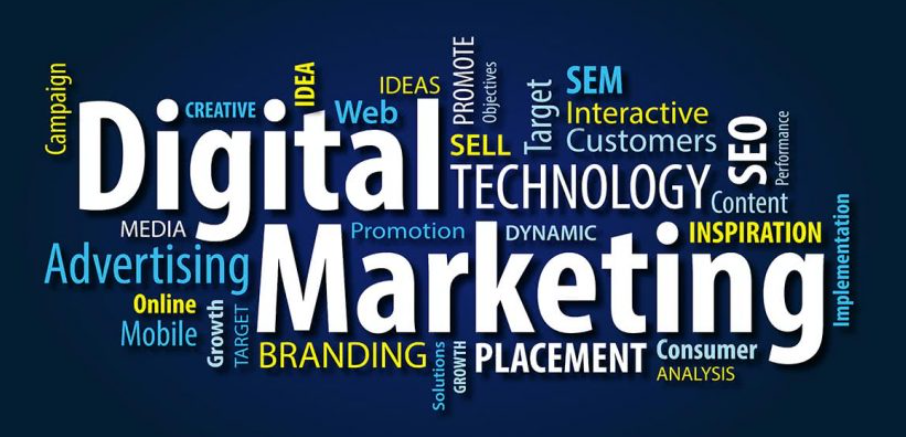
Digital Marketing Strategies :
1 . SEO :
SEO stands for “search engine optimization” . SEO focuses on increasing a website’s visibility in non paid search engine results . The main goal of SEO is to drive more traffic to a website , improve its search engine ranking and enhance the experience of user . It involves optimizing various elements of the website and its content to make it more attractive to search engines like Google , Bing and Yahoo .
The importance of SEO includes : cost effective marketing , increased visibility and traffic , credibility and trust , better user experience and competitive advantage . On the other hand there are also some challenges which are included in SEO such as : algorithm changes , competition , time consuming and technical expertise . As their is a difference between algorithms of digital marketing and traditional marketing .
SEO is a critical component of any successful digital marketing strategy. By optimizing for search engines, businesses can improve their online visibility, drive more organic traffic, and ultimately achieve their marketing goals. Despite its challenges, the long-term benefits of SEO make it an invaluable tool for businesses looking to grow in the digital age.
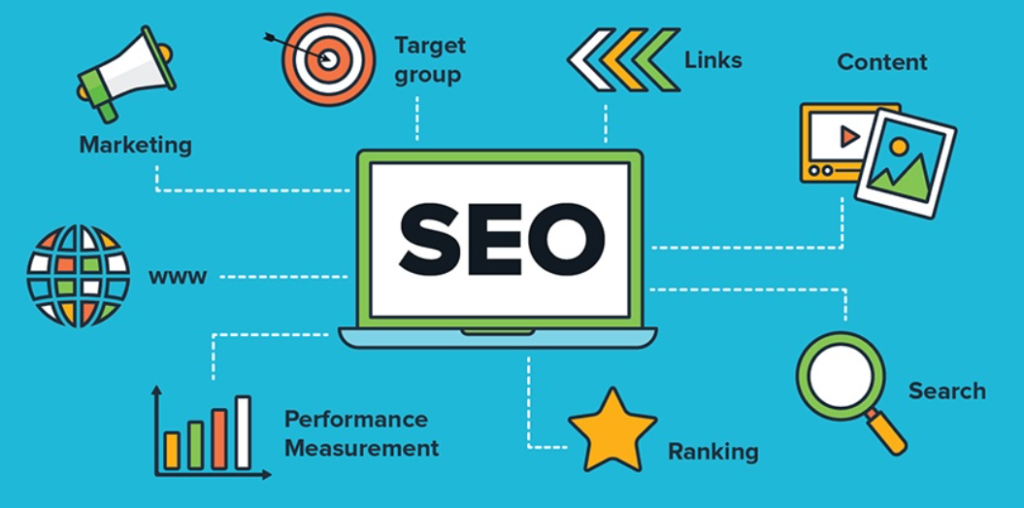
2 . Social Media Marketing :
Social media marketing involves using social media platforms to promote products , services or brands engage with audiences and driving website traffic . It includes various popular social media platforms such as : Facebook , Twitter , Instagram , LinkedIn , Tik Tok and many other platforms where people spend their a lot of time online .
There are also many benefits of this type of marketing such as : increased brand awareness , higher engagement , cost effective , real time feedback , targeted advertising and enhance customer loyalty . On the other hand there are also some challenges faced in this type of marketing such as : algorithm changes , managing negative feedback , content saturation and resource intensive .
It offers many opportunities for brands to connect with their audiences, build community, and drive growth. By understanding the dynamics of different platforms, creating engaging content, and leveraging analytics, businesses can use the full potential of social media to achieve their marketing goals. Despite its challenges, the benefits of social media marketing make it a critical component of any successful digital marketing strategy.
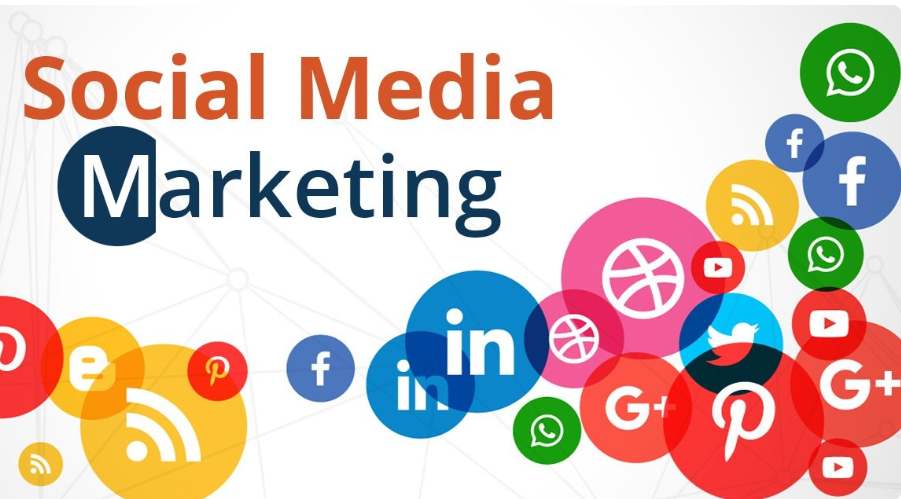
3 . Content Marketing :
Content marketing is a strategic marketing approach focused on creating, publishing, and distributing valuable, relevant, and consistent content to attract and engage a clearly defined audience, with the ultimate goal of driving profitable customer actions. The traditional advertising, which often involves direct sales pitches, content marketing aims to provide value to the audience, building trust and loyalty over time.
The benefits of content marketing is : increased brand awareness and visibility , building trust and authority , better SEO and organic traffic , cost effective marketing , lead generation and conversion , and enhanced customer loyalty . On the other hand there are some challenges faced during the content marketing such as : content saturation , measuring ROI , time and resource intensive and keeping up the trends etc.
It is a powerful tool for businesses seeking to build long lasting relationships with their audience. By focusing on creating valuable and relevant content, brands can drive organic traffic, build trust and authority, and ultimately can achieve their marketing and business goals. Despite its challenges, the benefits of content marketing make it an essential component of any comprehensive marketing strategy. Successful content marketing requires careful planning, consistent execution, and continuous analysis to improve over time.
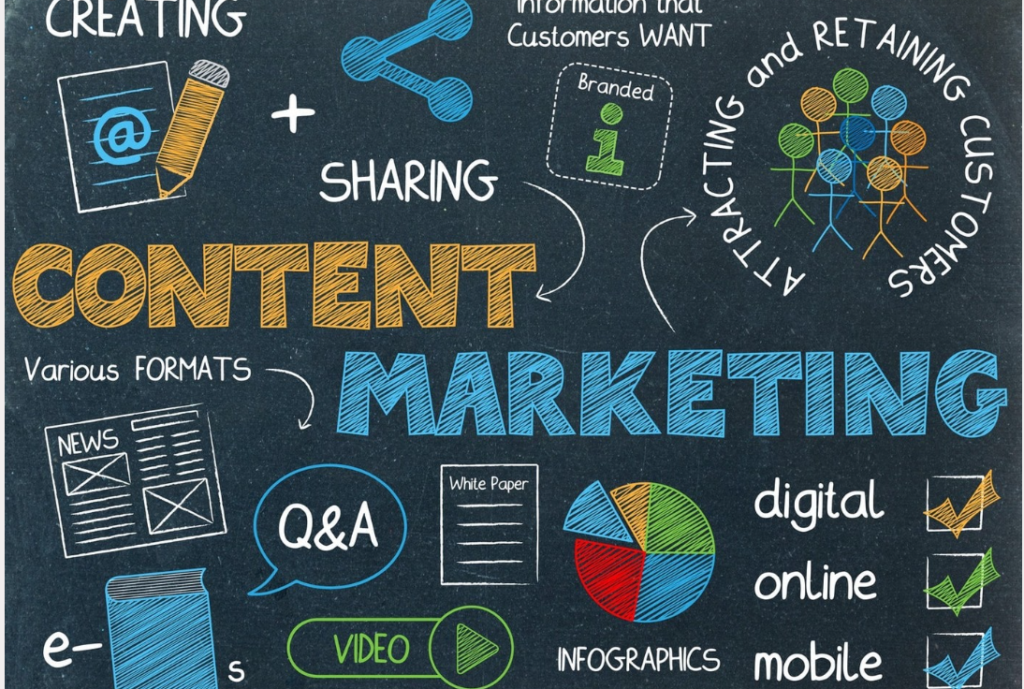
4 . Email Marketing :
Email marketing is a powerful and cost-effective digital marketing strategy that involves sending emails to prospects and customers. It is used to build relationships, promote products or services, provide valuable content, and encourage customer loyalty. Despite the rise of social media and other digital marketing channels, email marketing remains one of the most effective ways to reach and engage with an audience.
There are some benefits of it such as : direct communication , cost effectiveness , measurable results , targeted and personalized and customer retention and loyalty . On the other hand there are some challenges faced during this type of marketing such as : deliverability issues , list maintenance , content fatigue , and regulatory compliance . The increasing modernization is creating difference between traditional marketing and digital marketing .
Email marketing remains a pillar of digital marketing due to its effectiveness in reaching and engaging audiences. By building a quality email list, creating valuable and relevant content, and leveraging automation and analytics, businesses can drive conversions, build customer loyalty, and achieve their marketing goals. Despite the challenges, the benefits of email marketing make it an important tool for any comprehensive marketing strategy. Successful email marketing requires careful planning, execution, and continuous optimization to maximize its impact.
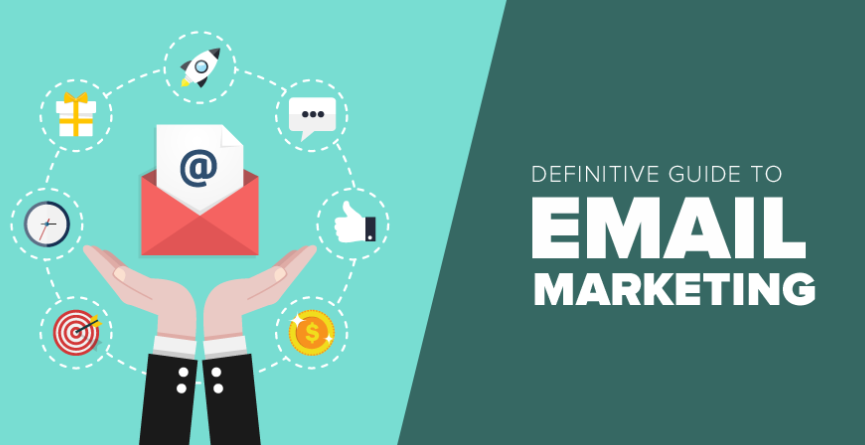
5 . PPC Advertising :
PPC stands for pay – per – click advertising . It is a digital marketing strategy where advertisers pay a fee each time one of their ads is clicked. It is a way of buying visits to your site, rather than attempting to earn those visits organically. PPC is primarily associated with search engine advertising (such as Google Ads) but also includes social media advertising (like Facebook Ads) and display advertising networks.
The benefits of this are as follows : immediate results , highly targeted , measurable and trackable , cost control and scalability . On the other hand there are also few challenges faced during the PPC advertising such as : competition and costs , complexity , Ad fatigue , and click fraud etc.
PPC advertising is a powerful tool for driving immediate and targeted traffic to your website. With its ability to provide measurable results, control costs, and offer precise targeting, PPC is an essential component of any digital marketing strategy. To achieve the best results, PPC campaigns require careful planning, continuous optimization, and a deep understanding of the platform and audience. Despite its challenges, the benefits of PPC advertising make it an invaluable tool for businesses looking to increase visibility, generate leads, and drive sales.

The Future of Digital Marketing :
The future of digital marketing lies in its continued evolution and the integration of emerging technologies. Artificial intelligence (AI), machine learning, and big data analytics are set to play crucial roles in creating more personalized and predictive marketing strategies. Additionally, the rise of voice search, augmented reality (AR), and virtual reality (VR) will offer new ways for brands to engage with consumers.
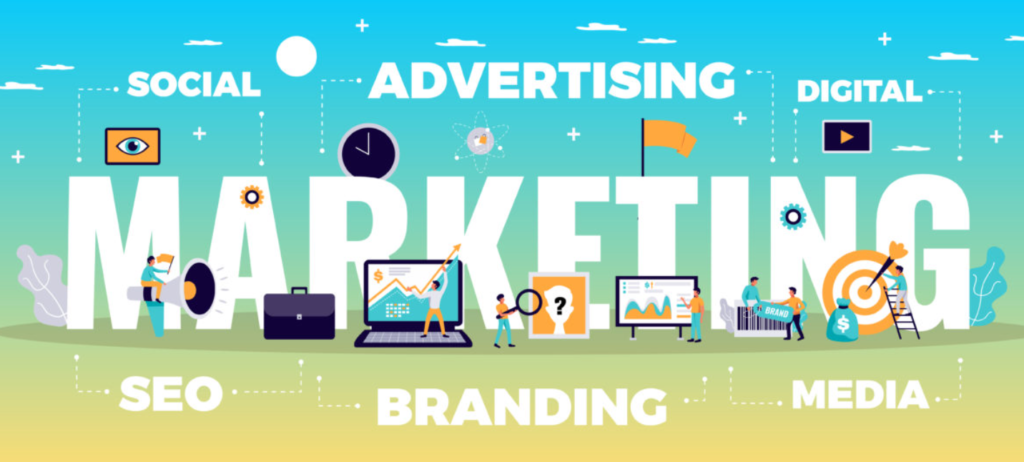
Conclusion :
The shift from traditional to digital marketing has transformed how businesses connect with their audiences. Digital marketing’s ability to offer targeted, measurable, and cost-effective strategies has made it an essential component of modern marketing. As technology continues to evolve, digital marketing will undoubtedly continue to adapt and innovate, shaping the future of how brands communicate and grow.
To know more click here : Read More
To know more click here : ChaiSuttaBar
Follow for pictures .
~”Hope you all liked my blog . If you liked this blog you can subscribe us.”

Leave a Reply